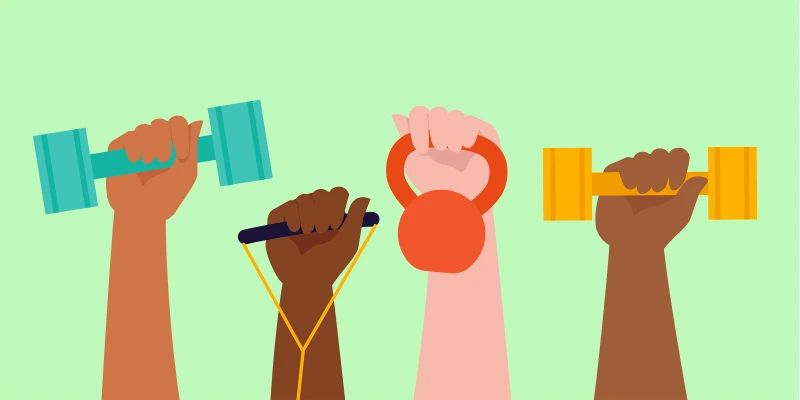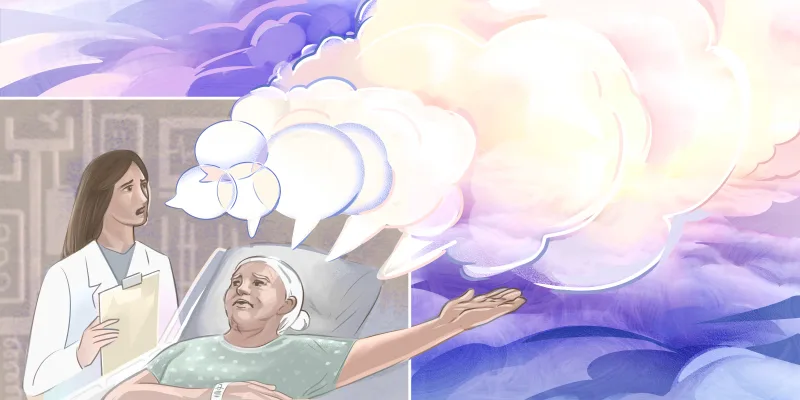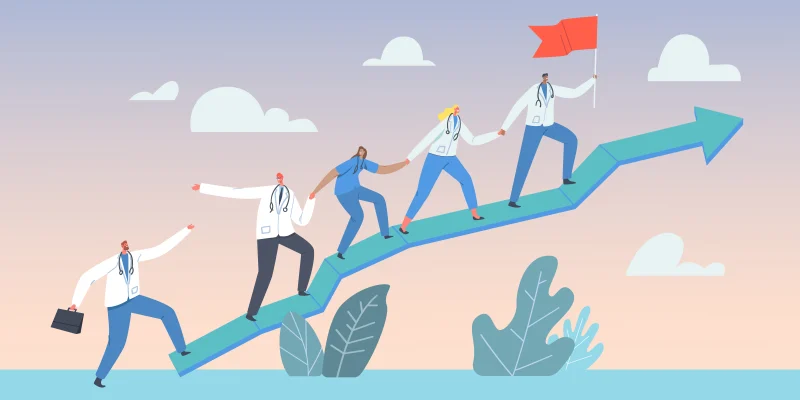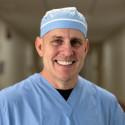
When you enter medical school you get this feeling that you haven’t experienced true stress yet. Your preclinical years are an amalgam of everything you’ve been through in your four years of undergraduate education; a smattering of words against a lecture slide that at times seems less clear than a Jackson Pollack piece. Yet you make it through, because if there is one thing you know how to do when you enter medical school, it is to study, cram if needed, and pass tests. Then things begin to get dicier…
Step 1 is an important moment. It is a rite of passage into the clinical wards, the call rooms, and the true patient interaction that students crave. “We haven’t actually started practicing medicine.” is a common sentiment I heard repeated through the halls of my medical school as we sat through lecture after lecture. Upperclassmen put a hand on our shoulder and said, “Don’t worry, third year will be different, and it will be better.”
At my medical school you had to pass Step 1 to start third year, as I’m sure it is at most other schools. This is not a hard thing for most to achieve, the pass rate is astronomically high for those allopathic medical students that take the exam. You have to put your brain to work, your anxiety to the test, and your hard work will pay off.
I cannot handle stress well. My brain views stress as a grenade, and when the trigger is pulled, the explosion launces millions of particles of anxiety into every pore of my body. Step 1 magnified this and took it to an incredible level. I had trouble sleeping for weeks before the exam. I had mental and emotional breakdowns. I pushed back the exam by a week and felt like I was losing my mind.
I am in medical school across the country from my family. It is always difficult but it is especially difficult during times of emotional turmoil, such as my study period. Sure, I have friends, but having family by your side is a different kind of feeling. My relationship with my parents is great on the surface level, but we rarely go deeper into our feelings and emotions. As my stress boiled over they reiterated that they were always there for me and I opened up to them in a way that I never had. It opened my eyes to the stress I always felt and how I dealt with it.
I feel as medical students and as future physicians we feel that we must carry an all-important burden and all the potential emotional baggage that accompanies it. Patients are never a hindrance, rather they form almost an extension of ourselves. They symbolize our work, our love, and our family. But we often feel that our health must come secondary to those we serve. We fail to realize that our emotional and physical well-being must not suffer in the face of all the hardships we face. How can we provide the best care if we don’t care take of ourselves? How can a physician who cannot realize that they themselves are sick recognize the sickness in a patient?
You might say, of course we can, physicians have done this for decades. Yet just because something was done in the past, does not mean we are doomed to repeat it. Instead, in our fast-paced world we must change the current landscape so that not only we but future generations can benefit.
You are not alone. You have a support system. An increasing amount of medical schools have therapists and psychiatrist tailored to help their medical students with the struggles they face. Hopefully you also have friends and family close by to help steer you on the path to self-care and self-recovery when you need it. And perhaps the most important thing of all is to not forget your colleagues. Your colleagues who are going through the same trials and tribulations that you are.
In the end we are all trying to help our patients. The first step is to help yourself.
Jeremy Sharma is a fourth-year medical student at Temple University School of Medicine.







